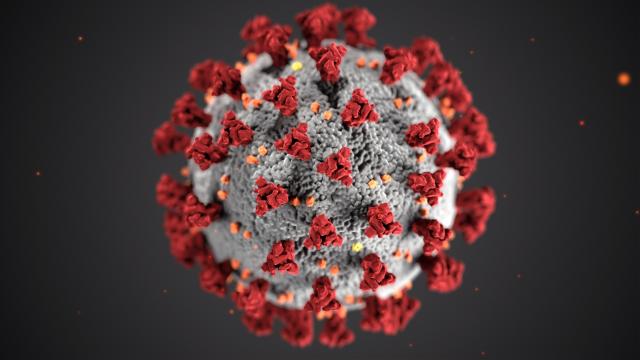After recording more than 100,000 cases of Covid-19 and 500 deaths from the illness this year, Queensland Health has switched its monitoring method, ending its traffic light system to include Covid-19 into its broader surveillance of acute respiratory illnesses like influenza and Respiratory Syncytial Virus (RSV).
The move comes as the state government reports an increase in this year’s influenza cases, three times the average for the same period in 2018-2022, with more than 32,500 cases recorded this year and 41 deaths.
Queensland Chief Health Officer Dr John Gerrard said with the Public Health Emergency declared by the World Health Organisation having ended in May, Covid-19 was now considered an ongoing part of our reality, much like other acute respiratory illnesses such as influenza and RSV.
“Covid-19 waves are declining in trend and severity, in line with evidence pointing to the illness becoming endemic,” he said.
“While the virus remains very active in the community, we haven’t seen major surges in hospitalisations since December last year.
“Given this, a widescale Covid-19-specific traffic light alert system is no longer appropriate or necessary.
“The pandemic disrupted the normal seasonal pattern of other respiratory viruses worldwide, with our influenza season this year occurring about two months earlier than we would typically expect.
“More Queenslanders are in intensive care with influenza than with Covid-19 and we are very concerned about the recent surge in influenza cases in adults and children.
“In addition to Covid-19 and Influenza A and B, we are seeing typical winter viruses like rhinovirus, RSV, parainfluenza and adenovirus.
“This new phase in the way we manage Covid-19 signals progress, but it’s crucial that Queenslanders remain aware that respiratory illnesses are still circulating.
“I strongly advise people to protect themselves and others against all acute respiratory illnesses by getting vaccinated for the flu and, if eligible, Covid-19.
“Regular hand washing with soap and water, staying home when unwell, and keeping sick children at home are also crucial steps in preventing the spread.
“In certain cases, individual hospitals or other health providers may still require masks and I would ask that Queenslanders please follow that instruction if requested.”
Flu and Covid-19 vaccines are available from primary care immunisation providers, with several cohorts able to access free vaccines under the National Immunisation Program.








